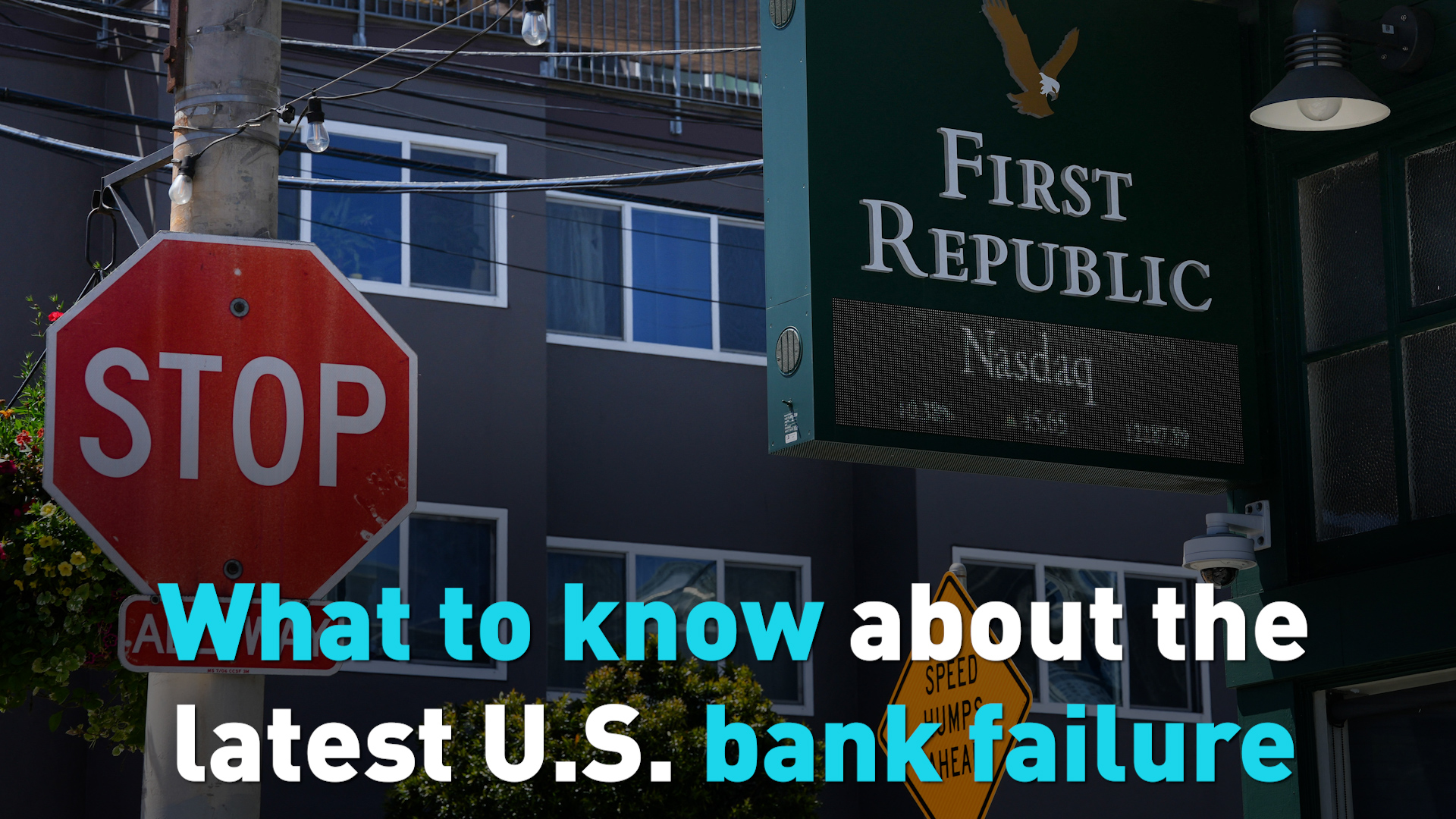The U.S. based First Republic Bank was seized and sold to JPMorgan Chase, in what is now the second-largest bank failure in U.S. history. Here's what we know so far.

In a historic move, regulators seized the troubled First Republic Bank early Monday, marking the second-largest bank failure in U.S. history. JPMorgan Chase Bank promptly acquired all deposits and the majority of the assets in an attempt to prevent further upheaval in the banking sector. The San Francisco-based First Republic is the third midsize bank to fail in just two months, following the March collapses of Silicon Valley Bank and Signature Bank.
The Federal Deposit Insurance Corporation (FDIC) announced that First Republic Bank’s 84 branches in eight states would reopen as branches of JPMorgan Chase Bank, with depositors granted full access to their funds. Regulators worked diligently to finalize the deal before the U.S. stock markets opened, soliciting bids for First Republic Bank’s assets and ultimately turning to JPMorgan Chase, the nation's largest bank.
As of April 13, First Republic had approximately $229 billion in total assets and $104 billion in total deposits. The FDIC estimated that its deposit insurance fund would suffer a $13 billion loss from taking First Republic into receivership, following the record $20 billion hit after Silicon Valley Bank's rescue.
Despite being flush with deposits from wealthy clients, First Republic faced challenges due to a high percentage of uninsured deposits and exposure to low-interest-rate loans. The bank's recent quarterly results revealed that customers withdrew more than $100 billion in deposits following the failures of Silicon Valley and Signature Bank.
First Republic had announced plans to sell unprofitable assets, including low-interest mortgages provided to wealthy clients, and lay off up to a quarter of its workforce. However, investor skepticism led to a 75% drop in First Republic's shares last week, closing Friday at $3.51.
The Federal Reserve and FDIC may face criticism over their handling of First Republic, as both agencies acknowledged on Friday that lax supervision contributed to the failures of Silicon Valley Bank and Signature Bank. JPMorgan's acquisition of First Republic is expected to add $500 million to its net income per year, despite incurring $2 billion in integration costs over the next 18 months.
For more, check out our exclusive content on CGTN Now and subscribe to our weekly newsletter, The China Report.
Source(s): AP